Business and Human Rights (142 found)
The Shell Starts to Crack? Real Owners of Myanmar’s Oil and Gas Come Forward
Corrupt politicians all over the world use companies and trusts with hidden ownership to seize public property worth billions of dollars. This deprives ordinary citizens of money that should be spent on development and empowers unaccountable elites, often helping them gain and maintain power at the expense of democracy, human rights and peace.
Revealing the real people behind companies is critical to achieving genuine reform in Myanmar, where military families and crony tycoons have long benefited from control of natural resources like gas and gemstones. This is a critical time—in July 2014, Myanmar became a candidate member of the Extractive Industries Transparency Initiative (EITI), a global transparency standard which recommends that the
identities of individuals who own and control oil, gas and mining companies are published. If Myanmar can meet the standard, it will go a long way to addressing the question of who really owns the companies that control the country’s most valuable natural assets […]
Critique of Japan International Cooperation Agency’s Blueprint for Development in Southeastern Burma/Myanmar
The Japan International Cooperation Agency (JICA) has recently issued a blueprint that proposes industrial development in Southeast Burma/Myanmar, purportedly to aid in the return and settlement of refugees and Internally Displaced Persons (IDPs) in Karen and Mon States. However, the Karen Peace Support Network (KPSN), a network of nearly 30 ethnic Karen organizations, cautions JICA that its blueprint for infrastructure development such as roads and industrial estates in the war-torn southeast is premature and flawed, potentially exacerbating conflict in the region.
The KPSN (formerly KCBPSN) is the largest network of Karen civil society organizations in Burma/Myanmar. These organizations have been providing support for vulnerable people in this conflict-torn region for decades, striving to empower local communities, build transparent and accountable institutions, and help create a sustainable peace in Burma/Myanmar. KPSN and its member organizations are important stakeholders which must be included in any development planning process in the Karen areas of the southeast […]
• • •Navigating Paths to Justice in Myanmar’s Transition
Since President Thein Sein and his government took office in 2011, Myanmar’s transition has unfolded at a pace that has surprised many and earned the acclaim of western governments, financial institutions, and private-sector investment analysts.1 The Burmese population of approximately 60 million has endured more than a half-century of military dictatorship, armed conflict, economic dysfunction, and political repression.2 A meaningful transformation into a peaceful society that enjoys economic development and functions democratically now seems plausible, though it is far from guaranteed. Ultimately, the blanket immunity afforded by the 2008 Constitution shields the acts attributable to prior regimes from any form of accountability.3 Whether the reform process will evolve to include measures that address the massive and systematic injustices of the past remains less certain.
• • •Truce or Transition? Trends in Human Rights Abuse and Local Response in Southeast Myanmar Since the 2012 Ceasefire
In January 2012, the Myanmar government and the Karen National Union (KNU) signed a preliminary ceasefire agreement, bringing to a halt what is often referred to as the world’s longest-running civil war. This conflict engendered severe human rights abuse of civilians at the hands of a range of armed actors, primarily at those of the Myanmar Armed Forces (Tatmadaw). The ceasefire and other recent political developments in Myanmar have altered the ways in which human rights abuse is experienced by Karen people in the Southeast, and transformed the context within which these abuses can be addressed. This report aims to demonstrate how trends in human rights abuse have changed during the post-ceasefire period […]
• • •Council Conclusions on the Establishment of a Human Rights Dialogue with Myanmar/Burma
The Council adopted the following conclusions:
The Council recalls the adoption in 2001 of the European Guidelines on human rights dialogues, revised in 2008.
The Council recognizes the importance of further strengthening the relationship between the European Union and Myanmar/Burma by establishing an EU-Myanmar/Burma Human Rights dialogue, as foreseen in the Council Conclusions on the Comprehensive Framework for the European Union’s policy and support to Myanmar/Burma of 22 July 2013 and agreed during the EU-Myanmar/Burma Task Force held on 13-15 November 2013 […]
Commentary: Trade, development and the smokescreen of CSR
As states across the world have embraced the idea that markets can work for the poor, CSR has become a crucial part of a discourse which sees the primary function of government as creating an enabling environment for business. It is perhaps not surprising, then, that the present ‘transition’ of Burma – a nation of untapped consumer markets, abundant natural resources, and a comparatively cheap labour force – has CSR at its heart […]
• • •Joint Statement of Concern by Shan Civil Society Organizations Regarding Public Meeting by Burmese Government and Hydrochina to Promote Dams on the Salween and Nam Ma Rivers
We, the undersigned Shan organizations, are very concerned by the recent public meeting held by representatives of Burma’s Ministry of Electricity, the International Group of Entrepreneurs Co., Ltd. and Hydrochina Corporation in Tangyan township on March 17, 2014, to promote plans to build the Nawng Pha dam on the Salween river and the Mann Taung dam on the Nam Ma river, a Salween tributary […]
• • •Villagers in Eastern Shan State Suffer Forced Labour and Extortion by Burma Army Troops Guarding Loggers in Salween Dam Flood Zone
Villagers in Murng Paeng township are being used as forced labour by Burmese government troops giving security to military-linked logging operations above the planned Ta Sang dam on the Salween River. The loggers are clearing out teak forests from the projected flood zone for export to neighbouring countries […]
• • •Modern Slavery: A Study of Labour Conditions in Yangon’s Industrial Zones
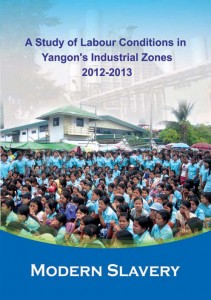 With Myanmar going through a period of transition and the space for civil society is expanding, the role of labour unions in promoting and protecting fundamental rights of workers is vital yet the challenges they face in the current environment are huge.
With Myanmar going through a period of transition and the space for civil society is expanding, the role of labour unions in promoting and protecting fundamental rights of workers is vital yet the challenges they face in the current environment are huge.
Workers in Yangon’s 13 industrial zones work in unsafe, hot, overcrowded factories, typically for around 11 hours per day […]
Endemic Land Confiscation in Burma: A Major Challenge to the Reform Process
The issue of land confiscation has been and will continue to be one of the largest problems facing Burma. The increase in foreign investment, the liberalization of the economy, and lack of rule of law generally, including both appropriate legislation and an independent judiciary,have resulted in land confiscation on an endemic scale. Thegovernment of Burma has responded […]
• • •
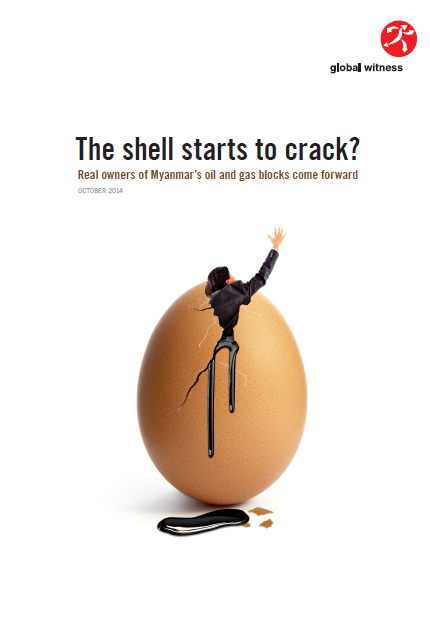
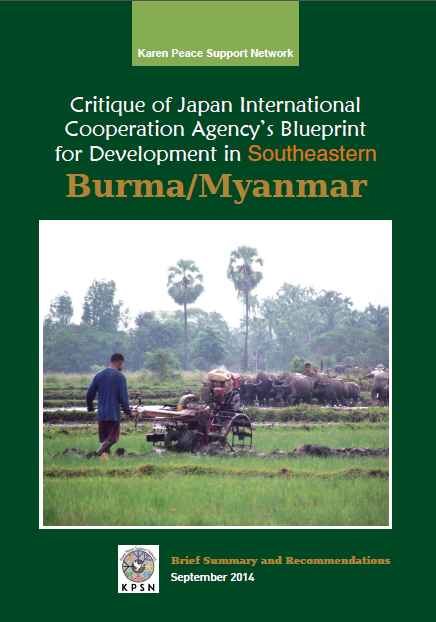
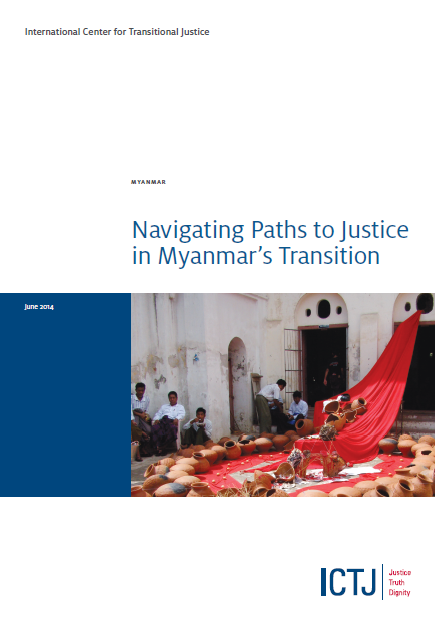
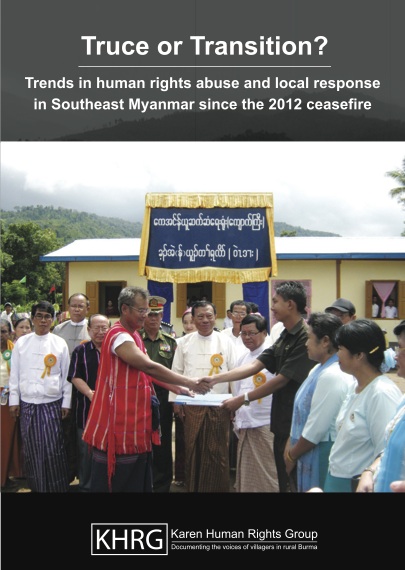
 All posts
All posts